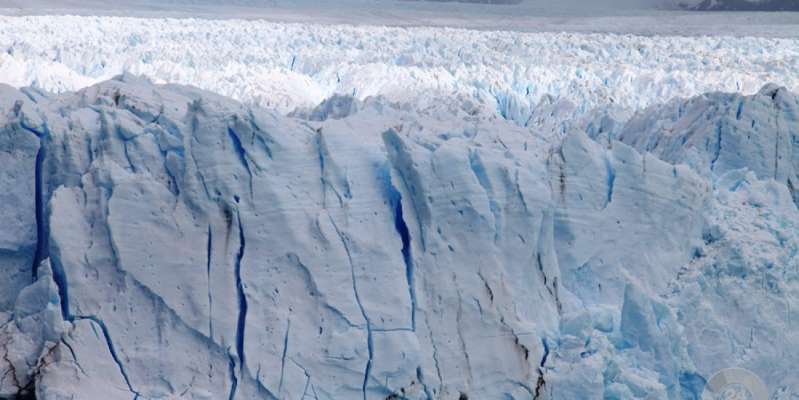
Greenland is approaching a melting point
The Greenland ice sheet may have lost much of its volume by the end of the century. By 2055, winter snowfall will no longer be enough to offset summer melt, according to Geophysical Research Letters.
A new study by experts from the Institute of Marine and Atmospheric Research (IMAU) at the University of Utrecht in the Netherlands has shown that by the middle of the century the average temperature on the planet should rise by 2.7 degrees Celsius. In the northern regions, warming is proceeding even more rapidly, so there the growth will be 4.5 degrees. The melting of the Greenlandic shield associated with global warming will raise sea levels by 13 centimeters by 2100.
The scientists explained that ice sheets covering more than 50,000 square kilometers are considered “ice sheets”. During the last ice age, ice covered most of North America and Scandinavia. But today only two shields have survived, in Greenland and Antarctica. They hold up to 99% of fresh water supplies.
Ice sheets are not static – their own weight slowly pushes them towards the ocean, where they dump ice and melt water from ice shelves, streams and glaciers. But if winter snowfalls make up for these losses, they remain stable.
The Greenland ice sheet covers approximately 1.7 million square kilometers. If all the ice in Greenland melted at the same time, the sea level would rise by 6 meters. This catastrophic scenario is unlikely anytime soon, but as scientists have warned, Greenland has been losing ice at a rate of about 500 gigatons per year over the past decades.
The authors of the new study analyzed the rate of ice mass loss using a high-resolution climate model of up to 1 km. It made it possible to take into account losses even in the form of small icebergs, which could not be recorded before. The results showed that in the coming decades Greenland will pass the “point of no return”, after which the ice sheets will become smaller every year.
“It may take thousands of years for the ice sheet to completely melt, but to save Greenland ice from extinction, it will be necessary to stop or reverse global warming much earlier, already within this century,” the authors of the scientific work emphasized.
Scientists have previously estimated the total amount of ice lost on the planet. It amounted to 28 trillion tons.

